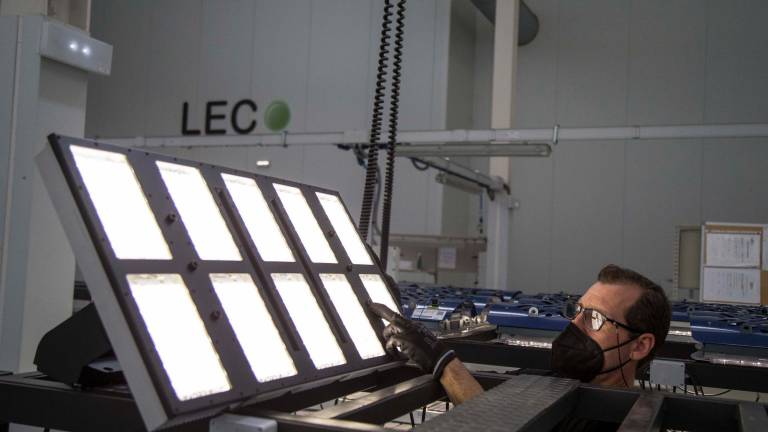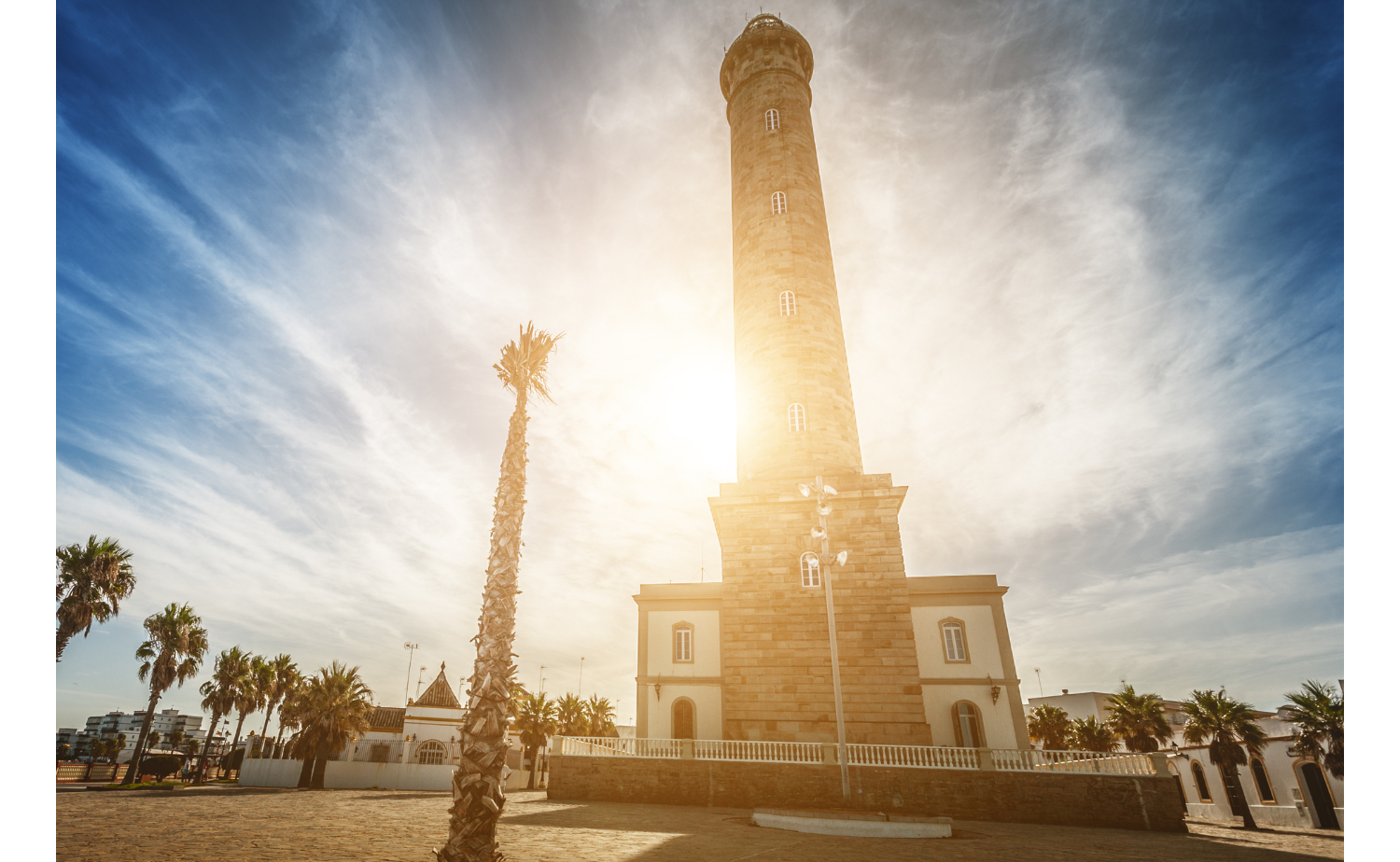The Cádiz-based company LEC (Light Environment Control), a pioneer in Europe in the development of lighting projects for cities using LED technology, has successfully expanded its technology to the Middle East, where it is developing lighting solutions for smart cities in territories such as Oman, Palestine, the United Arab Emirates, or Saudi Arabia with the exterior lighting of the Riyadh Metro. The company, which was founded in 2010 with the first tele-managed LED lighting project at the European level in Barbate, has managed to establish itself as a leading manufacturer of lighting systems, telemanagement, energy optimization, and solutions. smart city in southern Spain. LEC was a pioneer in developing public lighting luminaires that change color temperature and intensity according to the needs of the citizens. ‘Currently, we are the only manufacturer offering photovoltaic luminaire solutions that transform our streets into self-consumption installations with grid feed-in, allowing for the complete elimination of energy costs. We are developing a lighting system that will completely revolutionize the sector and enable savings, which will be available in the last quarter of the year,’ explains to elEconomista from Andalusia, Enrique Briehl, commercial and marketing director of LEC. In 2015, the company decided to expand into the international market by participating in prominent trade fairs in the sector such as Building in Frankfurt or Interlight in Moscú, in addition to national events such as Smart City World Congress in Barcelona and Greencities in Málaga. Currently, although LEC’s commercial strategy is mainly focused on the national market, between 10% and 15% of its revenue is generated in the international market, with projects mostly contracted by private entities. In its expansion into the international market, the company has had the support and collaboration of Extenda. ‘Thanks to Extenda, we have been able to attend international fairs and events that we would not have been able to go to without their collaboration, as well as missions with potential clients, invitations to international programs, or webinars”, the executive notes. LEC, which has a permanent staff of 50 people that increases during periods of higher workload, generated around 5 million euros in revenue in 2020 and expects to increase that figure this year. ‘We have been providing good service to municipalities for 11 years and have gained recognition from the major installation companies in the country that work with us. We are reliable partners for any project,’ emphasizes Briehl. Transitioning from being a leading lighting company to becoming a unique technology provider smart city, both at the hardware level and software and communication systems is one of LEC’s main challenges. ‘Public lighting is undergoing a process in which it is shifting from being a mandatory expense to becoming a key element of transformation in a municipality. Our intention is to accompany them in this transition that will transform cities,’ concludes the director. link: https://revistas.eleconomista.es/andalucia/2021/julio/la-gaditana-lec-ilumina-smart-cities-en-oriente-medio-BG8484704
The Economist
You are here:
- Home
- Sin categorizar
- The Economist





